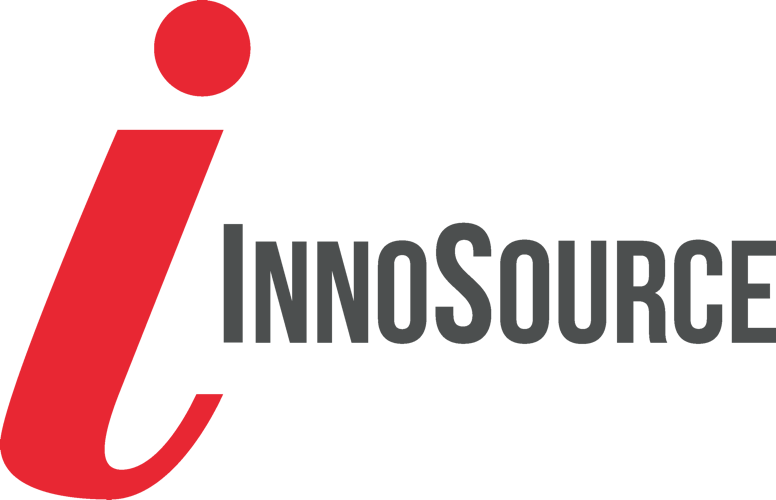
How to save on State Unemployment Insurance
When a former employee is awarded unemployment insurance benefits in Texas, the Texas Workforce Commission sends an employer a notice with the headline: CHARGED. I understand the need for unemployment insurance and how it helps millions of Americans get back on their feet after their position has ended. In my role at InnoSource, I also see how frustrating unemployment can be for employers: Unemployment is never the outcome you hope for when you hire someone. Still, unemployment is a real cost of doing business that directly impacts an enterprise’s bottom line. It might seem like this is a fixed expense. But there are ways to reduce this cost, and I want to share some of those with you now.
One easy way: outsource it, especially in the early days of an employee’s tenure. The highest turnover positions are typically those at the entry-level non-exempt — hourly — positions at your company. The turnover results in unemployment claims which involve time to manage and respond to with often unfavorable results.
Companies like InnoSource help their clients reduce unemployment insurance costs through something called contract staffing. This arrangement reduces the risk of turnover for the duration of our contract staffing period, which typically is about six to nine months. Any turnover occurring in this period — anything that could lead to unemployment benefits being tapped — is covered by InnoSource’s unemployment insurance, not the company’s. The savings are substantial: an enterprise-sized company with 2,000 employees in a state such as Ohio could save several millions of dollars per year in state unemployment insurance. By outsourcing the risks that a given employee will not work out, companies save the costs.
It’s an arrangement that benefits everyone. Staffing-solutions firms like ours have expertise in identifying the best candidates for a given role, and in pairing the right people with the right companies. Companies get to fill positions that often have the highest turnover rates with qualified candidates, but without the potential hit to their unemployment claims. I love a good pun, and I always think of this as being “in charge” rather than “charged.” It’s a distinction that makes good business sense.

